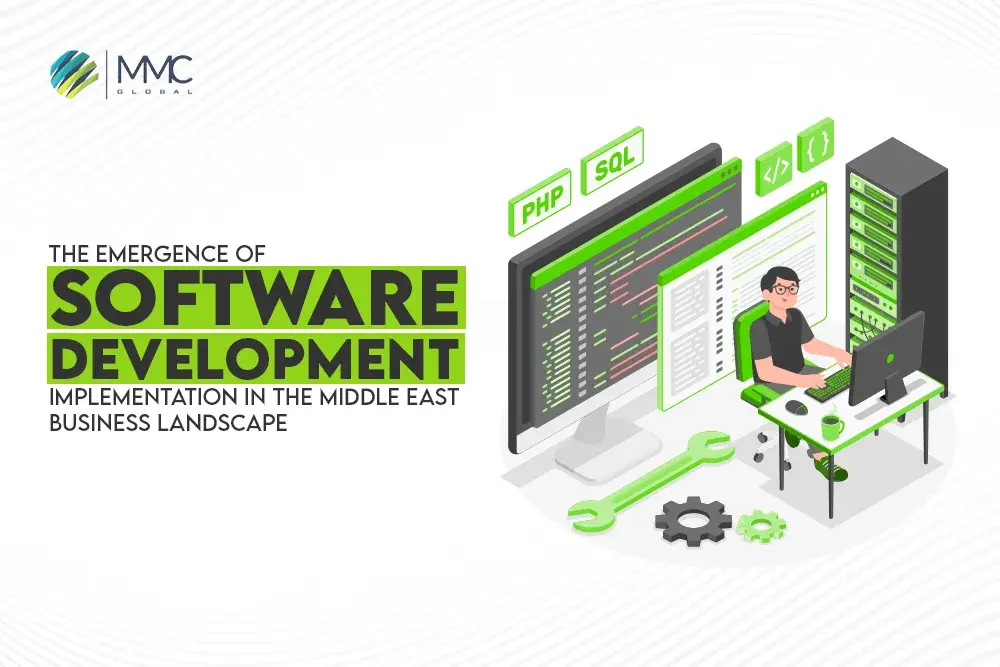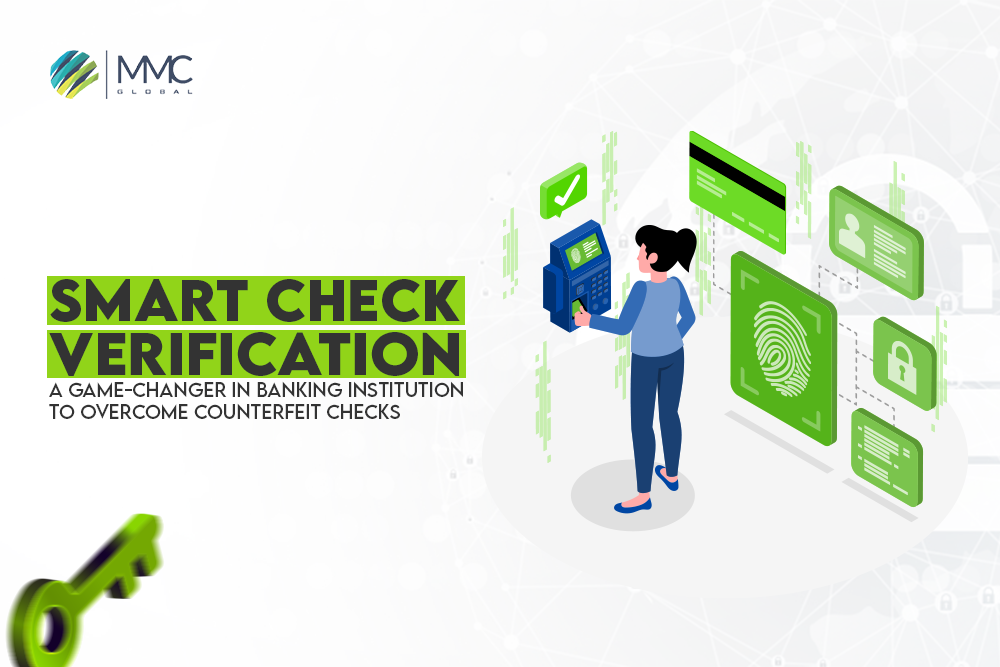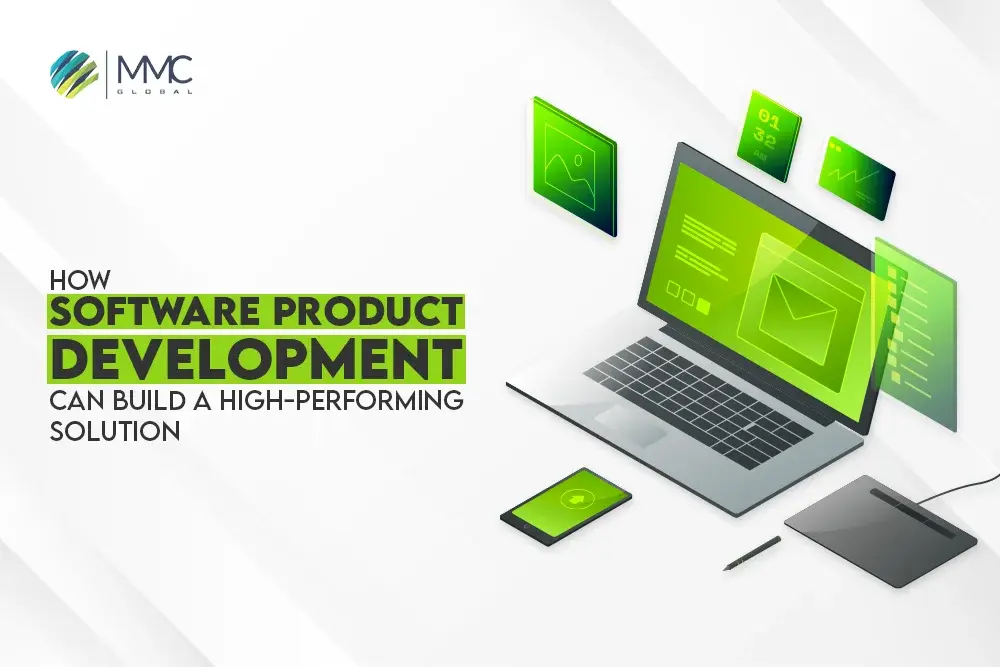15 Important POS Software Development Features
This digital era has changed many things around us, if we go back to our ancestor’s time, we can see a barter system or paper money being exchanged only as the medium for the buy and purchasing, but now we cannot imagine our world without banks (Cheques, ATM cards, online banking, etc.) and digital currency.
Currently, Point-of-sale (POS) is one of those technologies that are making a revolution in payment methods. POS software development company has brought immense innovation in how things used to work before, and now it is a totally different story as POS development has set the conventional settings behind the bar.
The current period calls for custom POS software development because it facilitates payment methods and is required to manage business records properly and regularly. POS developers are more in demand because POS application development is more like a trend nowadays, and every business wants to facilitate their business operations and serve customers with ease as well.
Do you wonder how the POS Software Development system works?
Custom POS software development helps businesses to carry out sales transactions smoothly, and other tons of benefits are served to businesses for opting for this latest technology as many of the things are now automated, which is a plus to this technology. It aids in raising eCommerce platforms and online trade. As doorstep package delivery is a new norm in our society in 2022, simultaneously, mobile POS solutions are becoming a part of the new norm too.
What is POS Application Development? And What Does It Serves?
POS development is essentially software that provides ease to perplex business operations. The functioning is pretty user-friendly and can be administered and managed by any person.
The aim of the custom POS software development is to receive the automatically generated invoice of the services or products sold and purchased. The POS system is also in charge of managing the inventory, empowering employees or staff and customers, tracking purchases, analyzing and examining the sales trends, and rewarding loyal customers.
Categories of POS Software Development Systems
There are several categories of custom POS software development, and the interesting thing is they all differ from each other and have unique characteristics in each of them.
Cloud-based Point of Sale or Cloud POS
This Cloud POS runs on a cloud-based system and is administered by using the information and data centers that are provided by the POs vendors. This can also be unified easily into currently available frameworks and performs smoothly. This type of POS application development works great for all kinds of businesses, depending on their proposed features.
The Terminal Point of Sale
The terminal POS is massively used in general stores, marts, malls, outlets, restaurants, cinemas, and other stores. They provide advanced services that assist in managing the problems that are currently available in the industry.
The terminal point of sale administers some specific standards and can be unified smoothly into any type of framework. Simultaneously, they are less expensive and budget-friendly.
Mobile Point of Sale
The Mobile POS is integrated into smart devices like tablets, smartphones, and other new technology gadgets. Mobile POS is established in a way that machines like bar code scanners, card readers, etc., can be unified into the system quite easily and swiftly. This kind of POS development is designed to administer the inventory, monitoring of actual sales, and many other things.
Important Features of Custom POS Software Development
Establishing a highly effective and rare POS system will require several advanced features, supports new technology, and can be easily integrated into the software. Many of the features are mentioned below, and it will continue to grow over time because every now and then there are new technologies being introduced in the world, plus the only thing which is constant in the technology world is “change,” so you need to keep an eye on MMC blogs to get latest updates time to time.
Without wasting any time, let’s move on to the crucial features:
The Employee Management
This functionality aids in managing the employee’s attendance as they clock in and clock out for their shifts. Simultaneously, it assists in managing the employees’ payroll and schedules.
It keeps a record of employees in its databases that is easily accessible and can be used to monitor the working hours of the employees that how much time they are available at working place, and what targets are achieved by them in this period.
Analytics and Reporting of Sales
This feature assists in keeping the record of sales quantitatively, that how many products have been sold and in how much time. It also shows the revenue that is being generated on the sale of each product, and all the profits are recorded in the system.
This method also helps businesses to know which product is working better so they can invest and manage their time, money, and efforts for that product. Moreover, businesses will know which product to prioritize more and invest in marketing effectively.
According to the researchers, 49% of single-store retailers inquire about data analytics and sales reporting capability. On the contrary, 51% of retailers don’t have a POS system.
Integration
A POS application development requires configuration that is smoothly integrated with other modules like inventory management, time, attendance, accounting, loyalty and gift cards, etc. A well-integrated POS system doesn’t have many loopholes for discrepancies and errors as the data and information is transferred manually from one system to another system.
Read about API Integration: 10 Reasons You Need API Integration Platform
Client Management
The client or customer management feature assists in recognizing and proactively raising high-grade clients. It permits the assembly of the data of the most esteemed clients on the grounds of their expenditure power.
Management of Inventory
All businesses face some problems regarding the shrinkage of their inventory. Although, this is a minor issue if it is handled efficiently. The problem will be sorted out easily if the inventory quantity is managed on-site. An inventory management system makes it handy for businesses to know the state of stock all the time, and it is conveniently accessible to the user.
Approximately, there are 82% of POS customers that inquires about accurate inventory. So, you must ask a POS developer to do custom POS software development for your business that will ease both parties (Business and client) and will also add value to the business.
Quick Find Products or Look Up
A decent retail POS software development will provide buttons for the most popular products or categories to shorten checkout queues. This enables the cashier to ring up such things with the push of a single button. A quick and simple mechanism should be provided for customers to search for things if they wish to purchase additional items.
Multiple Payment Gateways
The more purchases and visits a consumer makes to your shop, the simpler it is for them to pay you. Choose a POS system and payment processor that enables you to take Apple Pay, Google Pay, and Samsung Pay in addition to all popular credit and debit cards.
Based on how many young people make up your clientele, you could also want to accept PayPal and Venmo. The option to create and accept gift cards and shop credits may also be something you want.
Most POS systems support a variety of payment options, but some go a step further by allowing customers to pay with gift cards and divide the purchase amongst multiple different payment options. The more options you provide your clients, the better.
Omnichannel Integration
Picking a functional POS software development system that can build an omnichannel experience throughout the marketing channels. Providing various marketing and selling channels with an integrated system is the best option if you want to generate high ROI and extract maxim results from your campaigns.
Omnichannel gives you offline and online marketing experience where POS can deliver an exceptional experience. For example, to buy in-store, people prefer online payment from a debit card or mobile app transfers; you must have a simplified, integrated system that makes your online sales management system more effective.
Customer Management tool
You should be able to search for customers using their names or other criteria in your POS system, and you should be able to add their purchase history to their profile. The popularity of personalized marketing is on the rise, and with good reason: customers respond. Extra than 75% of consumers who participated in the poll indicated they favor, recommend, or pay more for brands that offer individualized service.
A high level of individualized attention based on past purchases is significantly simpler to deliver when your POS system has effective customer management options. For instance, if you notice that a consumer has purchased a barbecue grill, you may run a special on grill covers or barbecue accessories. Sending a timely reminder that it’s time to repurchase consumable, outdated, or obsolete things can also easily increase sales.
Mobile POS System
Customers are starting to anticipate mobile POS systems because they are becoming more prevalent in retail. Customers detest standing in line, and a mobile POS eliminates this issue. Clients receive a more individualized experience and can bypass the line at the Apple Store, where sales staff check out customers anywhere on the sales floor using mobile POS devices.
When the wait grows too long, another alternative is for establishments with conventional countertop checkout terminals to include a mobile tablet in the system. Mobile POS systems can occasionally be configured to function as self-service registers. Mobile point-of-sale systems are extremely advantageous for companies that sell products at farmers’ markets and trunk exhibitions.
Credit Card Processing
When selecting a POS system, credit card processing is yet another crucial component to take into account. You can choose between a POS system that works with a processor and one that provides in-house processing services.
The best point-of-sale systems support a variety of credit card processors or, at the very least, allow you the choice to compare costs and switch processors as necessary. This is particularly crucial if you are experiencing processor issues.
Read about DevOps Solutions: Role of DevOps in a Software Development Company
Although some POS companies provide easy in-house processing options, these can be more highly priced than POS solutions that support processor compatibility. Because you must replace both the POS system and the processor if you switch services, this alternative can also be more difficult. Both kinds of POS systems are more practical and precise than using a separate system for processing credit cards, where you ring up customers’ purchases on the POS system and then manually input the amount on the credit card terminal. You may effectively accept consumer payments if you make sure your retail POS system is compatible with or capable of processing credit cards.
User accounts and Multi-Logins
Multiple user accounts are supported by many POS systems. Unless you operate as a lone owner, you want to pick a POS system that offers this feature. Some POS suppliers offer limitless accounts based on the type of service you obtain.
When each cashier has a distinct login, you can monitor productivity, identify issues, and recognize top performers. If your business provides commissions and bonuses, you may track sales using this tool as well. This multi-login method also helps in identifying and preventing mistakes and theft.
Tons of Product Imports
Adding product information is the process of setting up a POS system that takes the longest. Bulk product imports are a feature of certain POS systems that let you upload all of your product information at once.
If you sell a broad variety of items or your selection changes regularly, bulk product imports are very crucial. By doing this, you may avoid manually uploading products, which is a time-consuming operation if you sell a large number of things.
Promotion With POS Software
Promotions may be a great sales strategy if a product isn’t performing well, you’re transitioning to different seasonal products, or you want to increase visitor numbers or traffic. You’ll have more freedom to attempt to evaluate marketing tactics if your POS system can allow promotions and discounts with ease.
Scalability
You might not immediately require all the extra features and functionality if you’re starting a small retail store. However, having a POS system that can evolve with you is vital as your retail business grows. This might be the difference between updating your POS system without difficulty meeting your new requirements and having to transfer your data to a completely new platform.
Wrap Up!
There are various benefits of implementing POS in your online and offline store as it helps to grow your customer base and your business growth. First of all, the POS software development is easy to use for staff and employees of your store, or maybe one-day training is required if you are using heavy-duty POS devices for your business operations.
POS software development systems also help in fastening payment and transaction speed which increases the retention rate as they no longer need to stand over the queue for payment and not even find any glitches via online payments.
Moreover, it also enhances security, provides in-depth sales reports, simplifies inventory and order management processes, and much more for your business.
If you are going to integrate your software with point of a sale development system, look no further if MMCGBL is here. We provide a safe and secure environment where your customer never feel unsafe while adding their payment details.
FAQs Related to POS Software Development System
What is POS software development system?
As a technological advancement over a cash register, a point of sale system (POS) is a digital terminal where customers pay for goods or services at a business or restaurant.
What are the POS hardware?
There are so many examples of POS hardware; a few are listed below:
- Touchscreen Monitors/Tablets
- Receipt Printers
- Cash Drawers
- Credit Card Readers
- Barcode Scanners
- Notable Trends
- Mobility and E-Wallets
What sets a POS apart from a regular cash register?
Typical POS systems may, among other things, manage staff, process and store credit card data, give detailed reporting, and provide a variety of marketing options. A cash register can only accept cash payments, keep money, and record sales for a single day.



